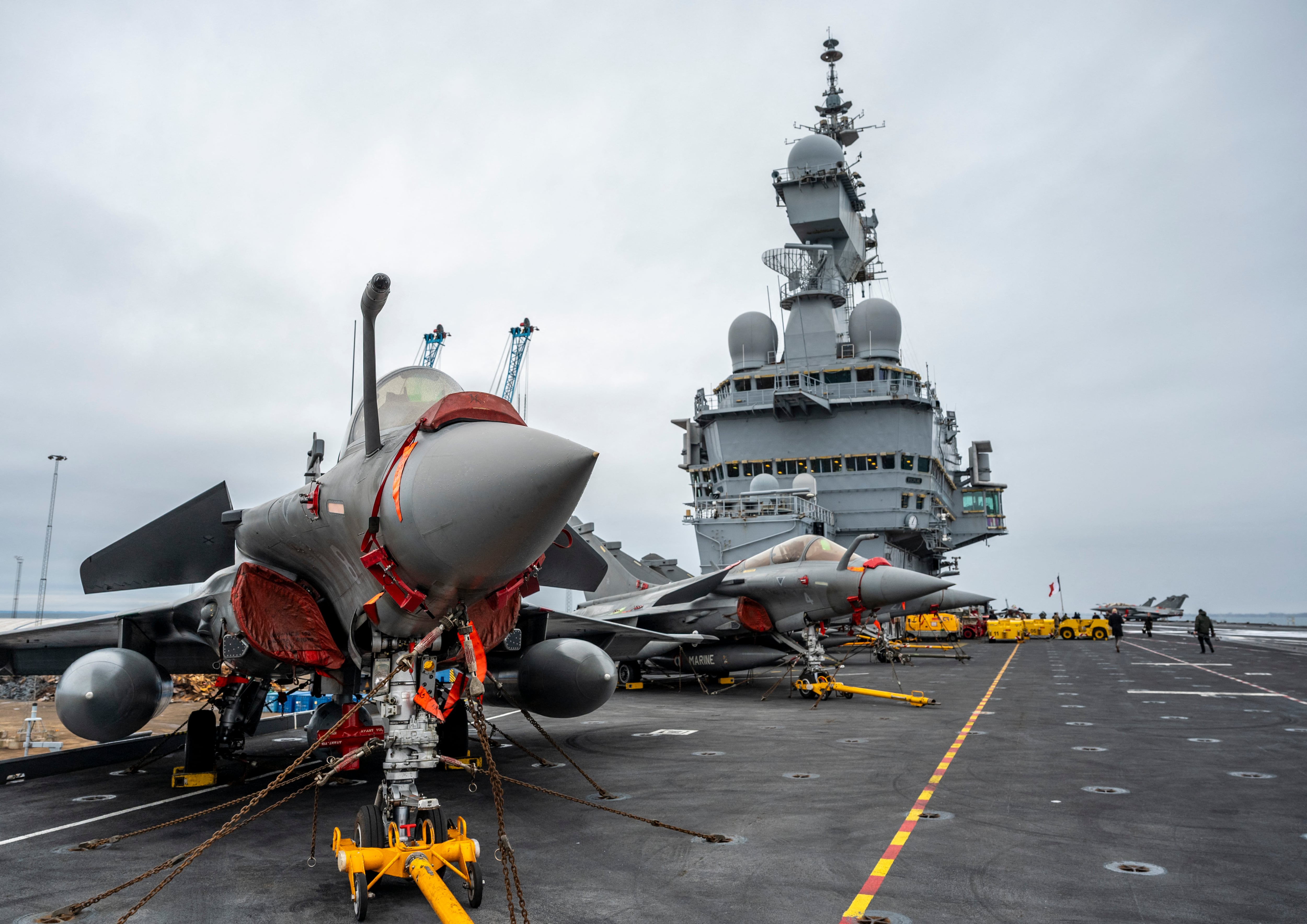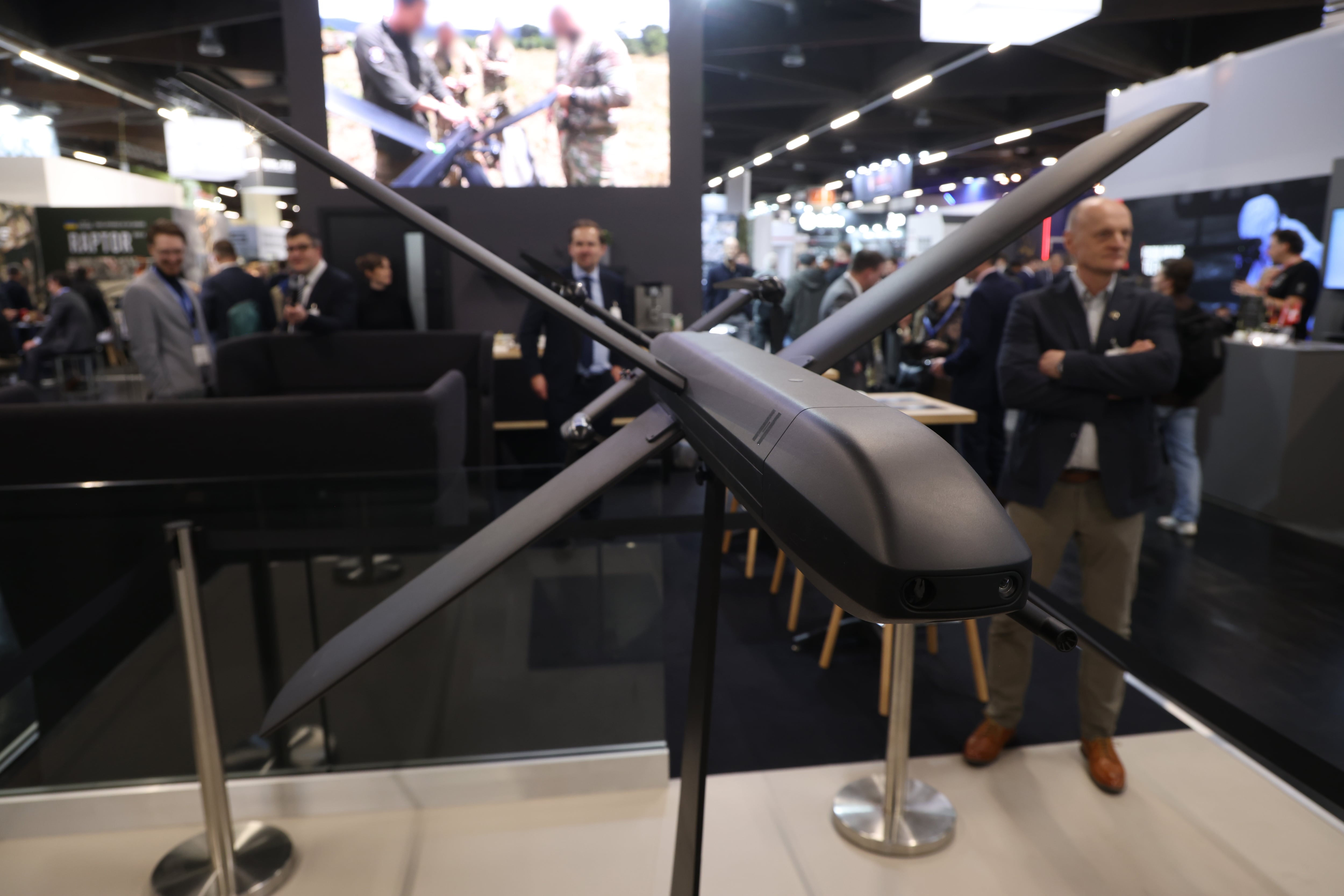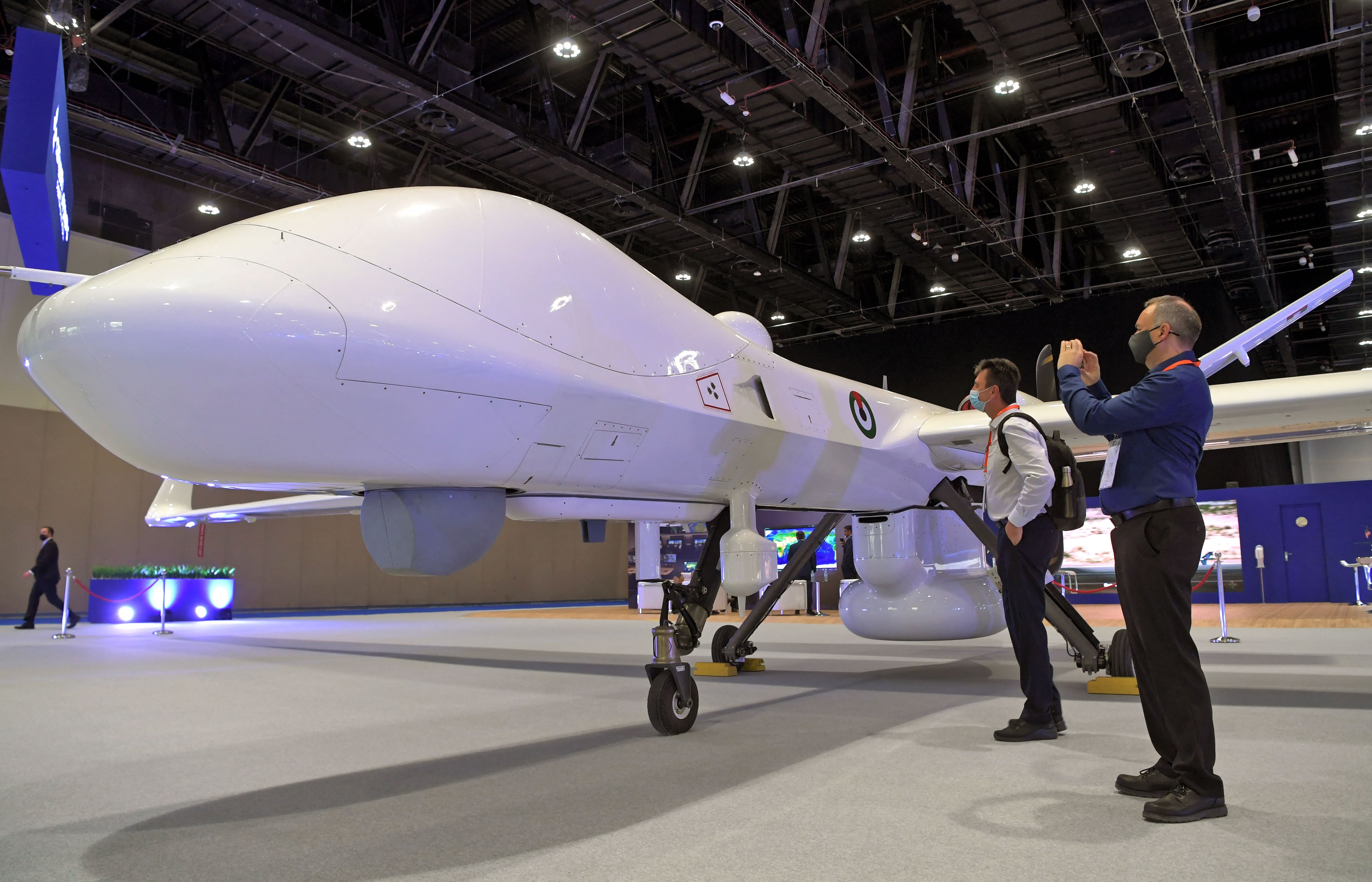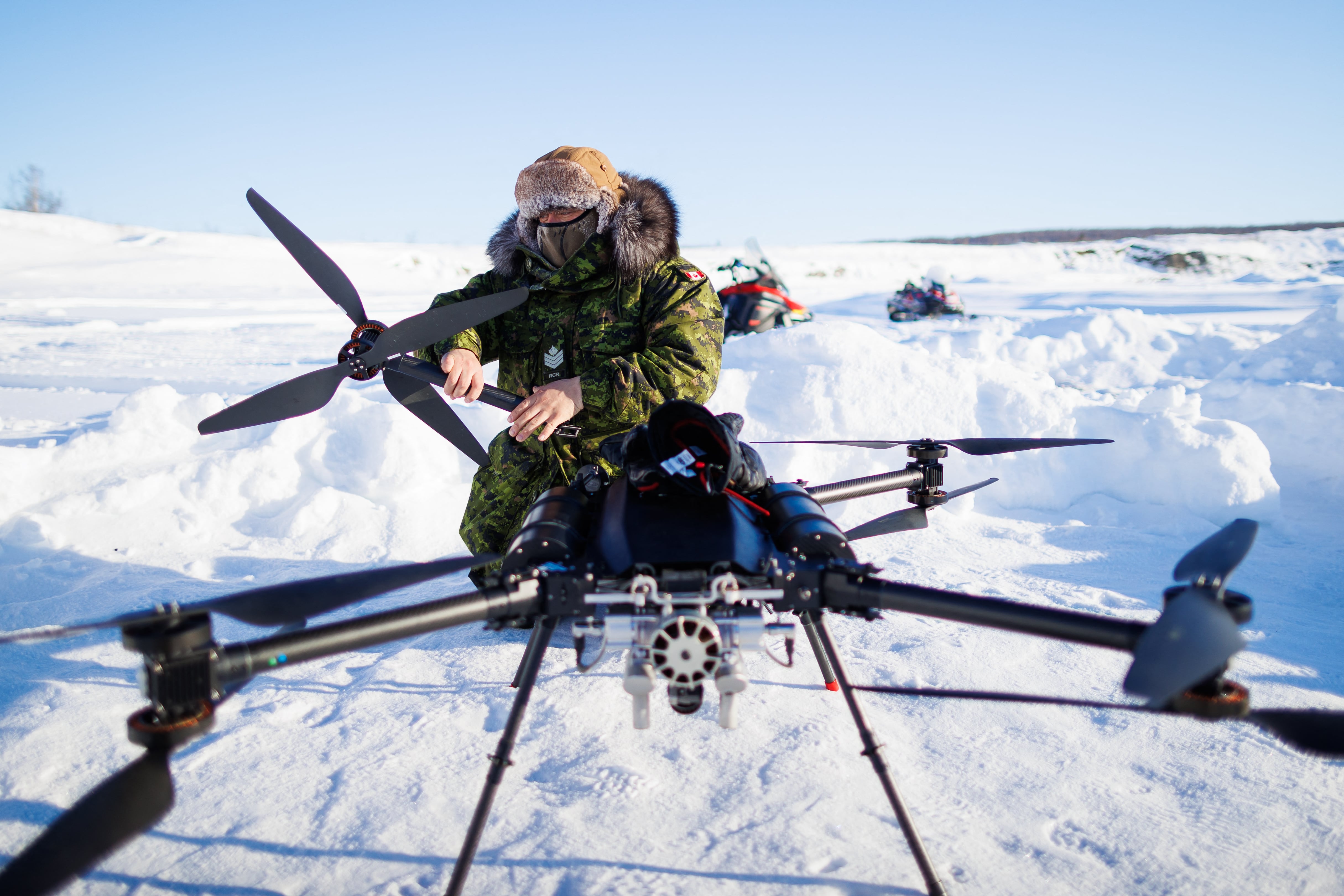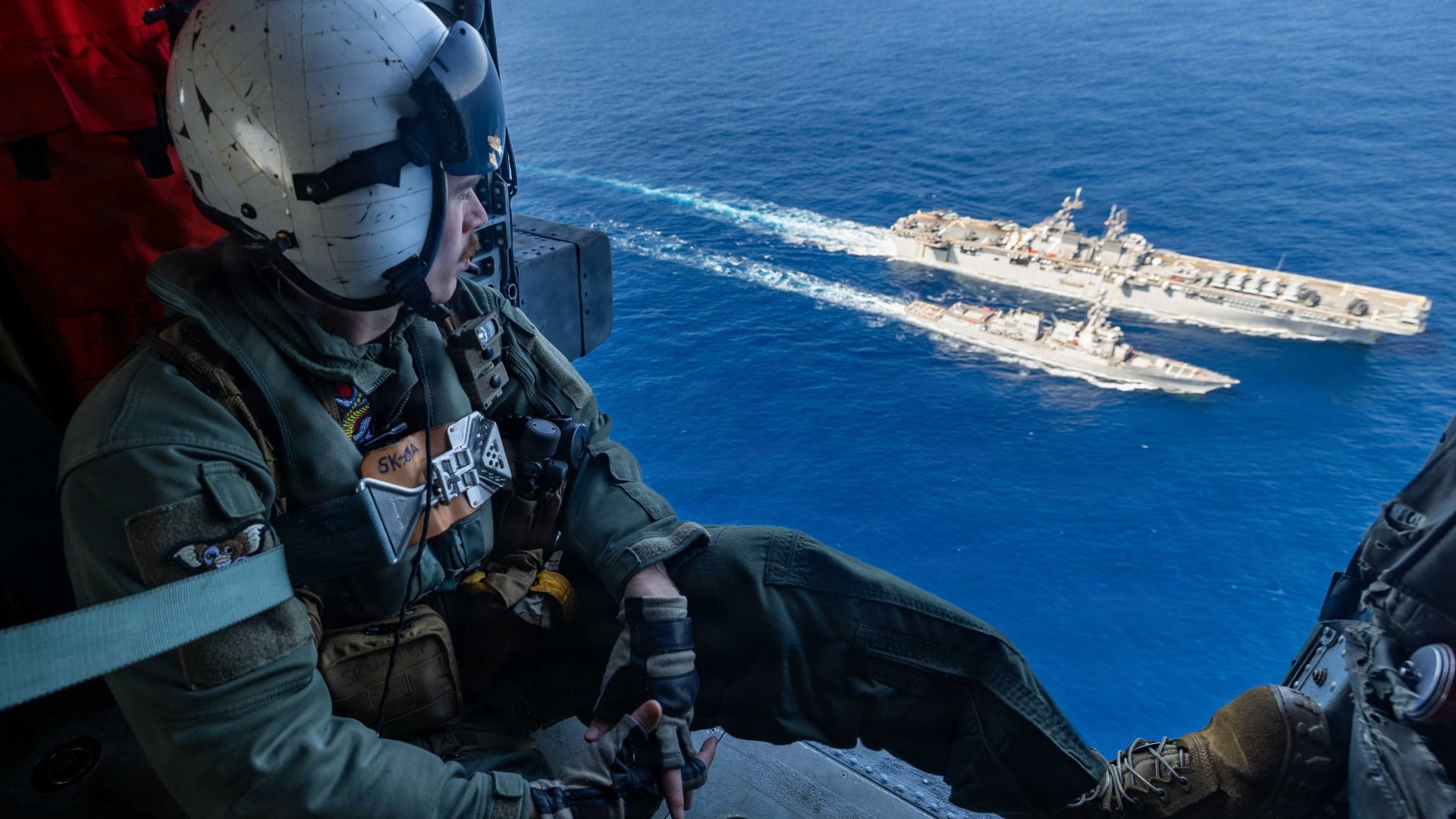THE HAGUE, Netherlands — The United Kingdom has banned the export of video game controllers to Russia, claiming the devices are being repurposed to pilot drones on the front lines in Ukraine. Experts say this move highlights the blurring lines between consumer electronics and modern warfare.
The episode also shows how bureaucrats far from the frontlines in Ukraine play a role in determining the face of the conflict by deciding what can and cannot be sold to either side. But as general-purpose consumer items have come to be used as weapons of war, the task of setting export controls may sometimes seem like a fight against windmills.
The United Kingdom’s new trade restriction comes alongside a list of other items now immediately prohibited for export to Russia, including software for oil exploitation, specific chemicals and a range of electronic devices. A total of about 150 new line items were added to the already extensive list of British export prohibitions.
“Gaming consoles will no longer be repurposed to kill in Ukraine,” said Foreign Office minister Stephen Doughty of the new list’s most headline-grabbing item. The UK government said the aim was to hamper Russia’s ability to attack and throw a wrench into its industrial war machinery, as has been the stated goal of sanctions for the past three years.
The U.S. and EU have similar sanctions regimes in place, with the latter adding joysticks and game controllers earlier this year.
Nonetheless, questions remain over the effectiveness of such measures.
“If Russia wants video game controllers, they are going to find video game controllers,” said Robert Shaw, program director of the Export Control and Nonproliferation Program at the Middlebury Institute of International Studies’ James Martin Center for Nonproliferation Studies. China is the likely source of the vast majority of these devices making their way to Russia already, he added.
Most video game controllers are manufactured in China or Japan, with very few, if any, produced in the UK. This raises questions about the practical effect of the ban, as it would only prevent re-exports through British ports rather than cutting off a significant manufacturing source.
The strength of sanctions by countries like the U.K. and the EU, which have limited domestic mass production of electronics but highly advanced technology, lies primarily in limiting access to cutting-edge tech in domains where the West holds a competitive edge, experts argue. These items, and the know-how needed to use or make them, are not readily available elsewhere, which means limiting their distribution is easier and more effective.
Indeed, the UK’s own export control laws are written to this effect, restricting the ability to transfer technology that is required for the development, production, or use of controlled goods to Russia.
Video game controllers don‘t exactly fit the description of a niche European high-tech item like the Dutch microchip-making machines central to global computer production, specialized British telecommunications devices or German instruments for measuring microscopic vibrations.
But that doesn‘t mean the ban is without merit, said Shaw, the export control specialist. For one, it’s good publicity and grabs people’s attention, which is of value in its own right, he said.
“It will have an impact in increasing awareness of the dual-use nature of so many items and how they can be used to advantage in an active military conflict,” Shaw said. Particularly the video game enthusiast and consumer electronics worlds have shown keen interest in this story, despite not being the usual target audience for the dry minutiae of British sanctions policy.
“Having that little bit of awareness might be enough to ask questions regarding new business partners or strange shipping routes that are going to Central Asia,” Shaw explained. It can help raise red flags when something is amiss, leading to questions like “why are they ordering these, and why are we sending them to a market that’s very small?”
Central Asian countries, Turkey and India, among others, have served as key transshipment hubs to evade Western sanctions and import restricted goods to Russia.
The ban also broadens the legal framework available to UK authorities to combat illicit trade with Russia. If a shipment coming from the UK is seized on suspicion that it might be diverted for military use by Russia against Ukraine, Shaw said, authorities could seize it and start investigating on firm legal ground.
Although Western allies tend to have closely matching sanctions lists, China, the origin of most of the electronics flowing into Russia, is unlikely to follow suit in formally banning controllers. But there is the possibility that Beijing may exert informal influence. Clouded in diplomatic language, Chinese government officials have in the past tried to walk a tightrope between supporting their “strategic partner,” Russia, and staying in good graces with Western governments. And some Chinese companies may even feel it best to hold off on some sales for risk of jeopardizing their position in Western markets, Shaw noted.
Indications that this may be happening already exist.
DJI, the major Chinese consumer drone maker, said it has addressed the use of its products in war zones, for example.
The company released a statement just months into Russia’s invasion of Ukraine, saying that “we absolutely deplore any use of our products to cause harm.” Distributors, resellers and business partners “have committed … not to sell DJI products to customers who clearly plan to use them for military purposes,” the statement said.
Linus Höller is Defense News' Europe correspondent and OSINT investigator. He reports on the arms deals, sanctions, and geopolitics shaping Europe and the world. He holds a master’s degrees in WMD nonproliferation, terrorism studies, and international relations, and works in four languages: English, German, Russian, and Spanish.

